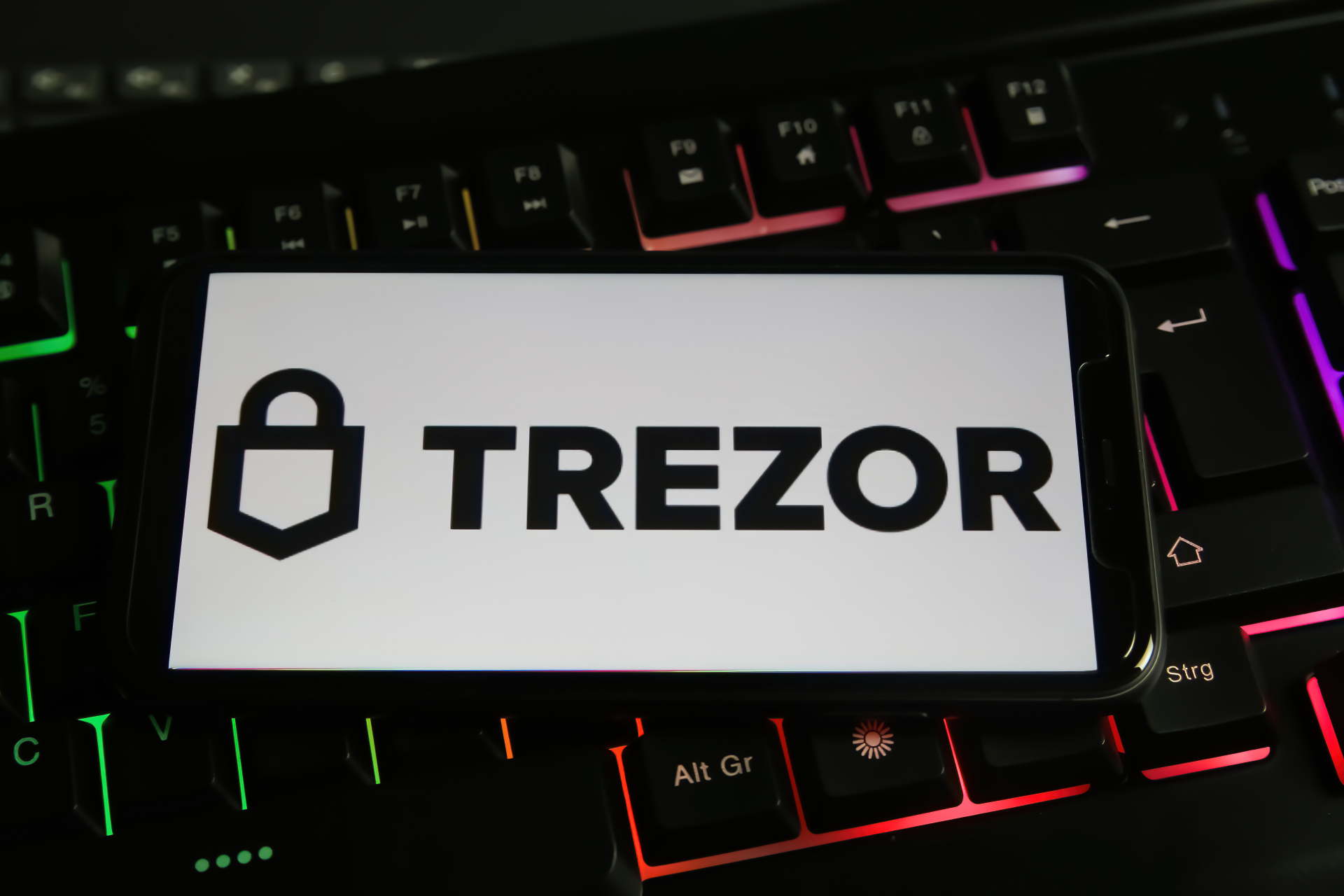Trezor, one of the hardware wallet manufacturers, is speeding up the production of new wallets by making its own silicon chips for the crypto wallets.
Optimization for production of Trezor wallets
On February 27, Trezor officially announced that the company will begin production of its key component, the chip pack, for its flagship Trezor Model T product.
With this move, Trezor is aiming for significant optimization in the production of Trezor wallets, reducing lead time in the delivery cycle from two years to just a few months. This optimization eliminates delays in shipping finished products and protects consumers from price fluctuations based on component supply and demand.
Trezor stated that after the collapse of the FTX in November 2022, demand for Trezor wallets increased by at least 300% as crypto investors sought to move their crypto holdings from centralized crypto exchanges. With the new production method, Trezor can meet the increasing demand and provide consumers with the desired products in a timely manner.
Supply chain vulnerabilities
Trezor was exposed to third-party supply chain vulnerabilities due to various factors such as geopolitical turmoil, labor shortage due to COVID-19, crypto market conditions and other events, before becoming a wallet chip producer. By taking over the management of wallet chip inventory, Trezor is able to respond quickly to all these factors and meet demand at all times. Chief Financial Officer Štěpán Uherik said:
By unpacking the process, identifying areas where we could take control and collaborating in new ways with our partner STMicroelectronics, we managed to make production as flexible as possible.
The new business model also gives Trezor more design freedom for future products, allowing the hardware wallet provider to build the devices from the ground up.
Originally, Trezor announced its plans to take control of wallet chip manufacturing in May 2020 in partnership with Tropic Square. A large number of reasons for such a move were cited, including expensive certification of chip suppliers by the government. According to Trezor, the state certification policy “excludes independent companies and open-source initiatives from use in professional fields.”
